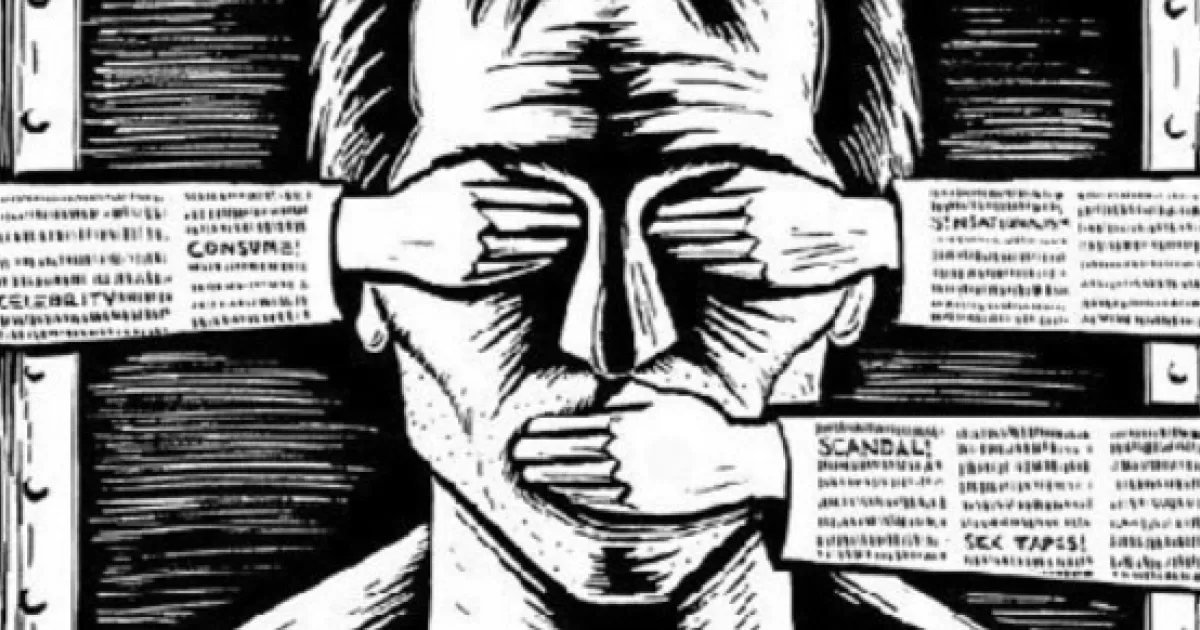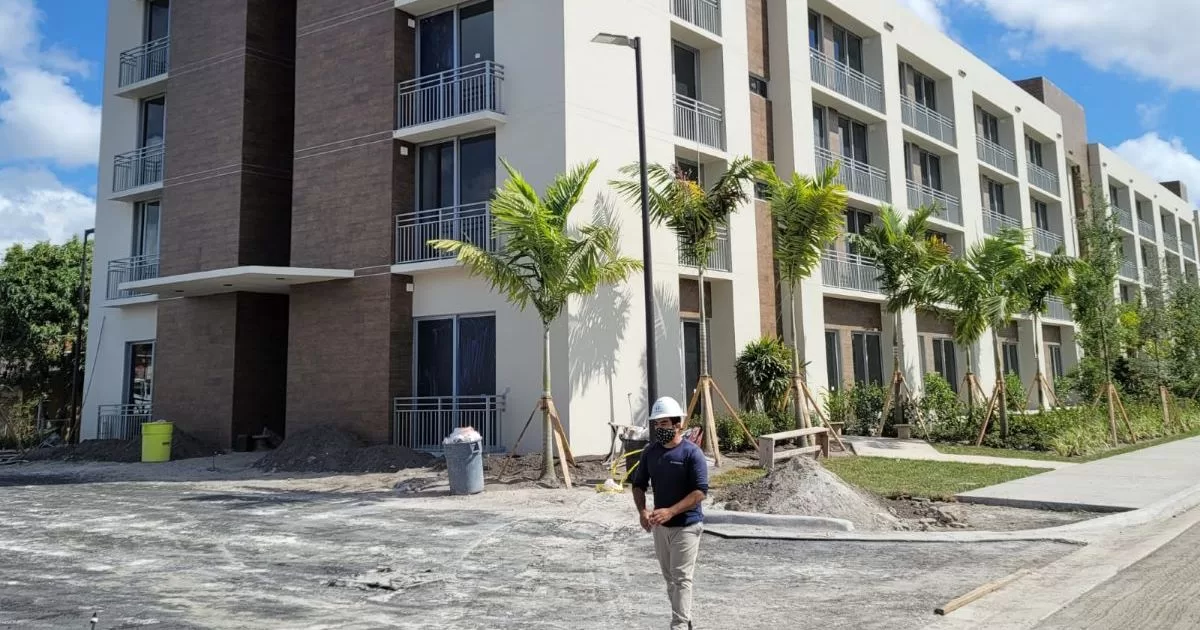In recent years, expressions such as fake news, hoaxes and misinformation. At the same time, apparently independent platforms have emerged to judge what is and is not truthful information, known as “fact-checkers.”
Given this, the question arises: who verifies the verifiers? Are there private interests behind these companies or do they really pursue the common good while maintaining independence?
What does appear is a comparison between the press, radio, television and social networks. It is striking that the credibility of the social networks is higher in most countries than traditional media. And even more so when it aims to avoid misinformation on social networks. What relationship exists between them?
89% of those surveyed ask for a greater commitment against disinformation on the part of those responsible for the platforms of Internet. Big tech already openly censors, removes content manu militari without giving users much leeway.
In case of Youtube is one of the most evident: from the beginning of the crisis of the coronavirus has dedicated itself to eliminating all content that would call into question the information provided by the World Health Organization (WHO), at the same time that, for example, it maintains content that encourages abortion, the hormonal use of minors or gender ideology. Science? It depends on who and for what.
54% of those surveyed say that they frequently have doubts about the veracity of Internet content. 39% have detected specific cases of disinformation. No trace again of the veracity of the large media conglomerates.
The study also shows that the more channels people use, the more likely they are to detect false information. especially users of Twitter and Telegram They frequently record false information and report it. Those who are used to receiving information from various sources are more critical of the information they receive.
Democracy works less when it should not work
It is concerning that the study recommends for Germany and Europe systematic monitoring by independent scientists and civil society actors to better detect misinformation and flag it as such.
And it worries because they were the votes of the Brexit and the refusal of the Colombian people to agree with the FARC -and which also ended up being done- which raised the alarm bells of many political leaders, including Angela Merkel. Democracy works less when it should not work.
No one is against a fight for better and clearer interest-free information on the part, but… who is in charge of ensuring that this is the case?
International Fact-checking Network
Companies or people of dubious independence are often presented as independent scientists and civil society actors. In the Spanish case, two companies dominate this data verification market: Newtral and Maldita.es. Are they as independent as we are led to believe?
Ana Pastor owns Newtral and this, in turn, belongs to the International network Fact checking Newtork which, in turn, belongs to Poynter Institute of USA.
The largest donors to this institute since 2015, among others, have been Bill & Melinda Gates Foundation, Google News Initiative, Google News Lab, Meta Platforms (Facebook), Microsoft, National Endowment for Democracy, Open Society Foundations (George Soros), Tik-Tok and WhatsApp.
That the owners of the main platforms are in turn promoters of an international network of verifiers and that these, in turn, are the official verifiers of their platforms is far from independent.
The case of Maldita.es is limited to the national sphere. It has received grants from the Government of Pedro Sanchez and rarely checks official sources. What’s more, throughout the pandemic, Maldita.es ruled that it was not advisable to seek more information beyond the official one. Rare way to perform verification work.
The fundamental work of journalism is to doubt the information coming from the powers that be. If this task is not carried out, are we dealing with an official censor disguised as an independent?
As soon as one walks through the pages and profiles of social networks of these two companies, one will be able to recognize an evident ideological bias and very far from the vaunted neutrality that is pursued.



